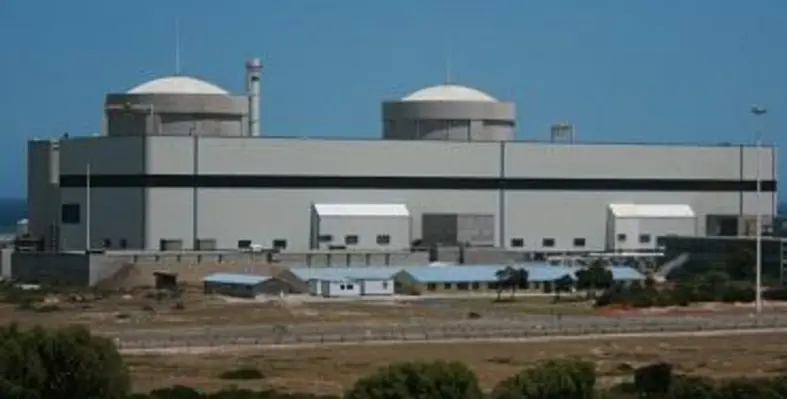Speaking to African heads of state, representatives from Russian, African, and international business and government agencies, as well as African integration associations, Rosatom CEO Alexey Likhachev emphasised the benefits of nuclear energy in job creation and regional economic development.
“Global inequality in technological, industrial and socio-economic development is acutely felt in Africa.” Likhachev said on the Contribution of Nuclear Technologies in the Development of Africa roundtable at the Russia-Africa Summit in Sochi. “These challenges demand immediate solutions, which we believe nuclear technology can fully respond to. We are talking about solutions related to raising the level of education, energy security, applying nuclear solutions to medicine, agriculture, as well as other scientific research and development. Every US$1 invested in our projects in any country, brings US$2 in localisation to that country. This significantly increases the country’s GDP.”
There’s a job for every 0.5 MWe produced at a nuclear power plant. An average-sized 1,000 MWe plant, therefore, provides direct local jobs for more than 2,000 people. Human capital development is both a condition and a consequence of nuclear power plant construction projects. Through joint educational programmes the State Corporation attracts applicants from African countries to its partner universities in Russia. Rosatom has already awarded Rwanda and Zambia with up to 50 scholarships for students to study in specialised nuclear universities in Russia, joining hundreds of other African students from countries such as Algeria, Egypt, Kenya, Nigeria, Ethiopia, and South Africa.
“Rwanda does not differentiate between nuclear technologies and its vision in terms of development.” The Republic of Rwanda’s Minister of Infrastructure Claver Gatete said. “In order to grow our industries from 17 per cent GDP to 30 per cent GDP, and to achieve our ambition of becoming a high-income country by 2050, we want to take advantage of nuclear to enhance our socio-economic development.”
According to the World Economic Forum, 15 to 20 million young people are to enter Africa’s workforce in the next two decades, meaning that 15 per cent of the world’s working-age population will be in Africa, with 60 per cent under 25s.
Roland Msiska, head of Zambia Atomic Energy Agency, expressed the interest that the country’s nuclear projects are generating in Zambian’s youth, adding that not only is this creating exciting training opportunities for them (both locally and in Russia), but also ensuring long-term stable employment and development. “Most of our plans in Africa are short-term. You cannot do short-term planning in nuclear science. At a minimum, you are looking at a 60-year horizon. Such inter-generational long-term planning is essential for sustainable development. ”
According to a report from Rosatom, WorldSkills Russia and BCG - “Mission Talent - Mass Uniqueness: A Global Challenge for One Billion Workers” - 1.3 billion workers are already affected by the skills mismatch (when an individual is either over- or under-qualified for their position), meaning that training opportunities like these are crucial to tackling the skills gap not only in Africa but globally. According to the IMF, 6 per cent of the world’s GDP, that’s US$5 trillion, is lost every year due to the increasing gap between skills supply and demand.
The Russia-Africa Summit marks an important step towards developing trade and economic relations between Russia and Africa. Nuclear energy is just one aspect of this relationship, but a promising one, to ensure power supply and to provide long-term and stable employment for Africa’s growing population.












